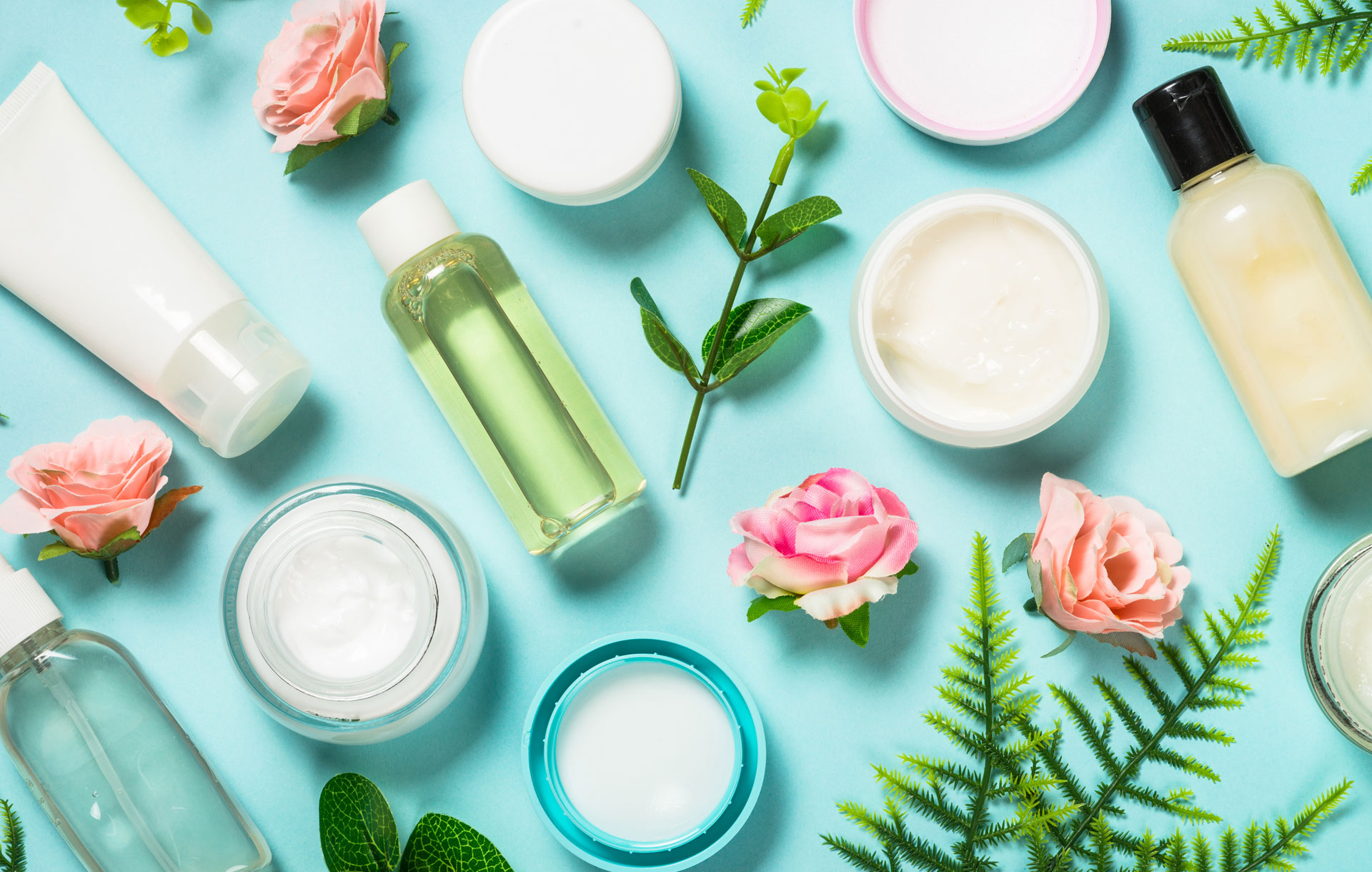What MoCra means for you
Did you know the average American uses six to 12 cosmetic products every day? This includes makeup, nail polishes, shaving cream, perfumes, face and body cleansers, haircare products, moisturizers, and other skincare products. For such a large industry, until recently, there hadn’t been any significant cosmetics legislation since 1938!
The Modernization of Cosmetics Regulation Act of 2022 (MoCRA) is a new law that will help ensure the safety of cosmetic products many consumers use daily by expanding the Food and Drug Administration’s authority over the industry. But, if you manufacture cosmetic products, what exactly does this mean for you? Allow us to break down the impact.
Nutritional requirements for healthy skin are the same as those for your body. Studies have shown healthy eating and lifestyle will improve skin aging. Eating key whole foods is the safest way to promote entire body health and provide the essential components necessary for maintaining a more youthful appearance.
[ihc-hide-content ihc_mb_type=”show” ihc_mb_who=”2,4,6,7,5″ ihc_mb_template=”3″ ]
Under MoCRA, the FDA can access and copy certain records related to a cosmetic product, including safety records, as long as certain conditions are met. The FDA is also granted Mandatory Recall Authority if it is determined there is a reasonable probability that a cosmetic is adulterated or misbranded and the use of or exposure to the cosmetic will cause serious adverse health consequences or death. The FDA has the authority to order a mandatory recall if the responsible person refuses to do so voluntarily.
Additionally, MoCRA establishes the following new requirements for industry:
• Adverse Event Reporting: You must report serious adverse events associated with the use of cosmetic products in the U.S. to the FDA within 15 business days after receiving the report and certain additional information, such as new medical information, within one year of the initial report. The FDA will also have access to adverse event reports during an inspection.
• Facility Registration: Manufacturers and processors must register their facilities with the FDA and renew their registration every two years.
• Product Listing: Each marketed cosmetic product must be listed with the FDA, including product ingredients, with updates provided annually.
• Safety Substantiation: It is required to ensure and maintain records supporting adequate safety substantiation for products.
MoCRA also requires that the industry comply with regulations to be established by the FDA for Good Manufacturing Practice (GMP) requirements for facilities that manufacture cosmetic products, fragrance allergen labeling requirements, and standardized testing methods for detecting and identifying asbestos in talc-containing cosmetic products. Of course, there are some specific exemptions. MoCRA exempts certain small businesses from GMP, registration, and product listing requirements. However, such exemptions do not apply to manufacturers or facilities that manufacture or process the following cosmetic products:
• Products that regularly come into contact with mucus membrane of the eye under customary or usual conditions of use.
• Products that are injected.
• Products that are intended for internal use.
• Products that are intended to alter appearance for more than 24 hours under customary or usual conditions of use and removal by the consumer is not part of such conditions of use.
Exemptions also exist for certain products and facilities that are subject to requirements for drugs and devices. The FDA is developing a program for submission of the facility registrations and product listings mandated by MoCRA and will provide further updates on its forthcoming availability.
[/ihc-hide-content]













